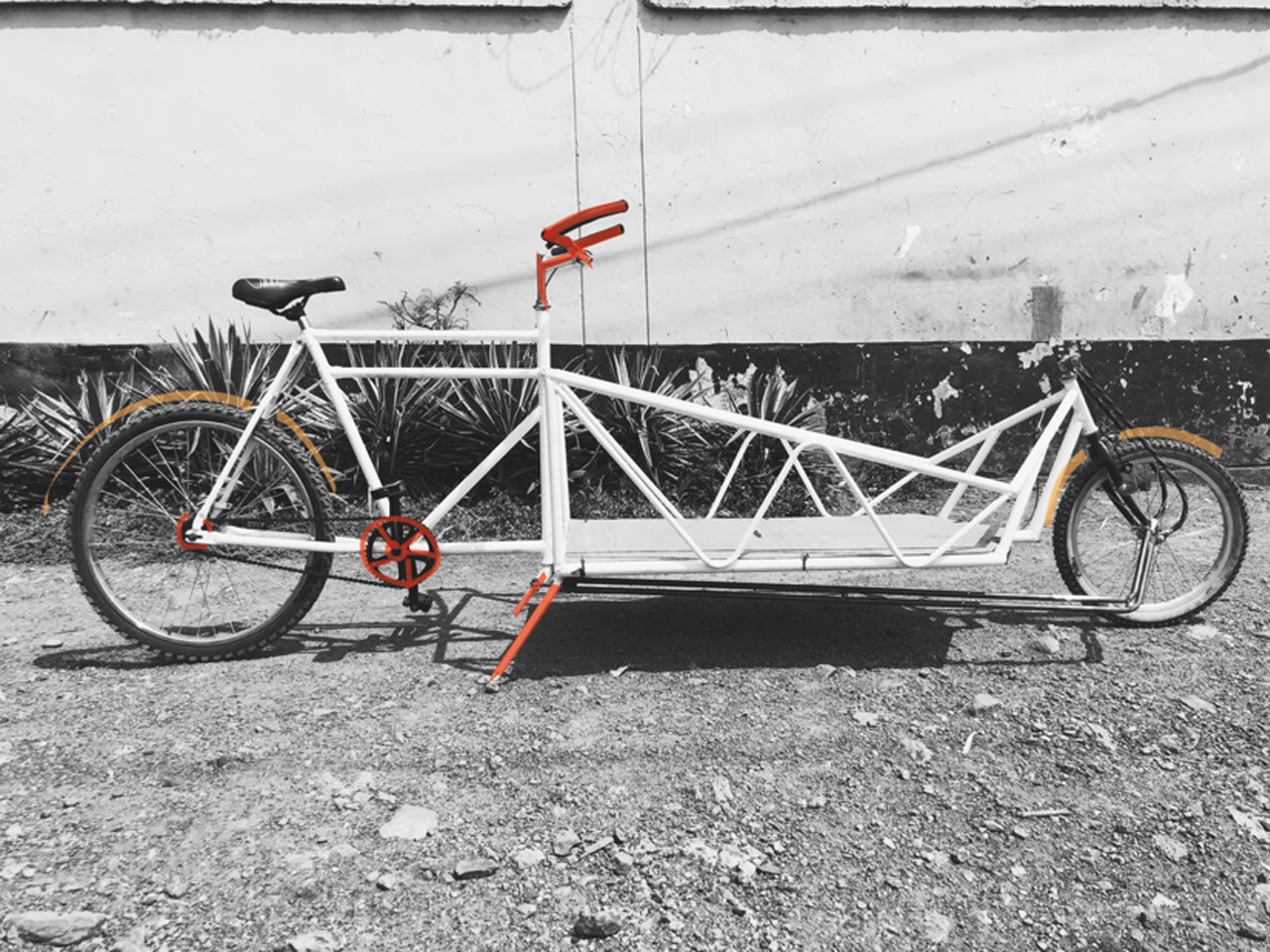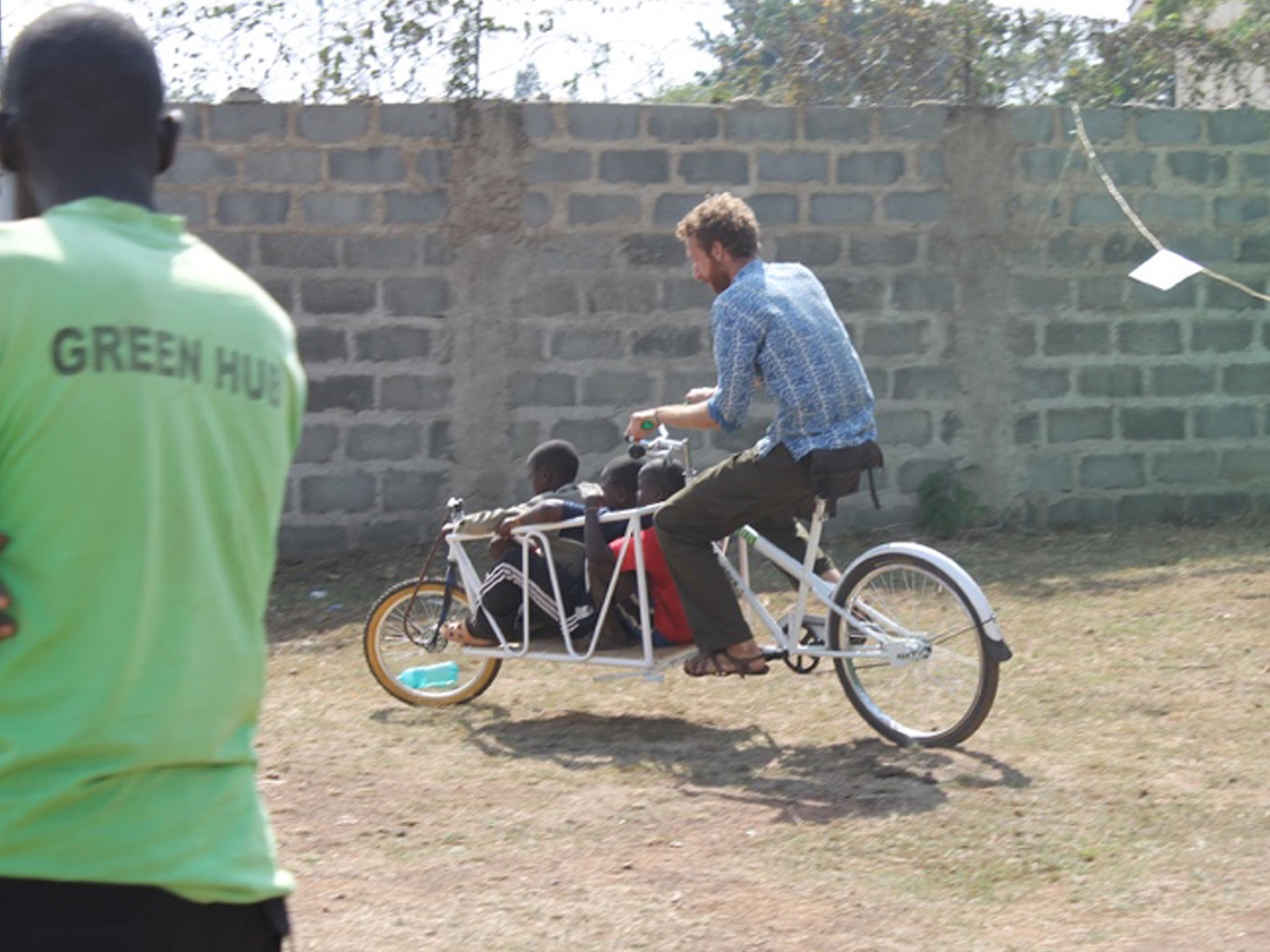Students for Cycling out of Poverty – Go! Cargo
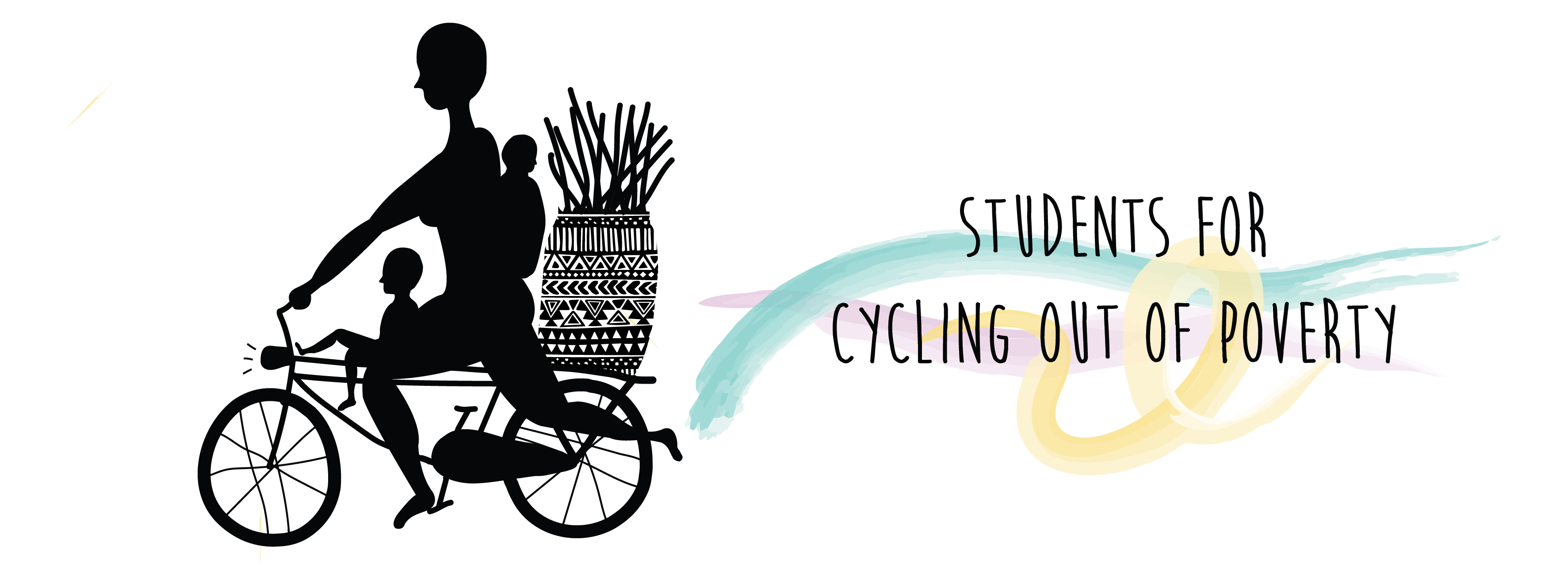
Students 4 CooP – GO Cargo!
Minor International Entrepreneurship & Development 2017
Location
Kisumu, Kenya
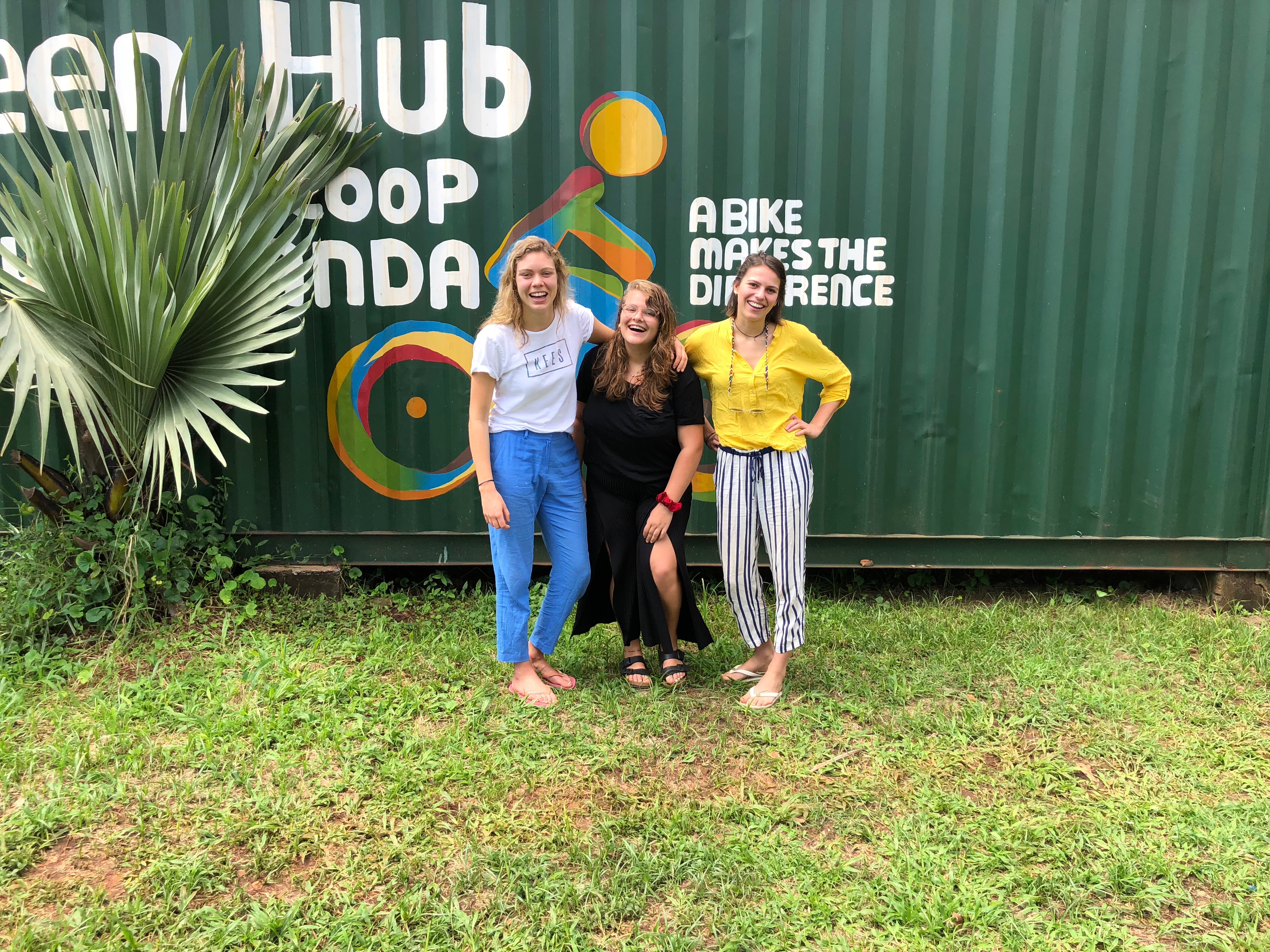
Students
Isabelle van der Kaaij
Nadiye Çakir
Zola Fung-A-Jou
External Links
https://www.facebook.com/Students4CooP/
http://www.coop-africa.org/
“To help local entrepreneurs expand their businesses by offering a safe and locally produced cargo bicycle."
The Problem
Lots of farmers from Kisumu, Kenya sell their products face-to-face. They sell these at people’s houses, in the streets or on the local markets. There are even some farmers who need to travel up to 25 kilometers to sell the products in town. At the moment people overcome these distances by foot, by normal bicycles that are not designed to carry such weight or they have to pay someone to carry it for them. Farmers and other entrepreneurs are often limited to this mode of transport. Therefore, the transportation of products is their main obstacle to grow in their businesses.
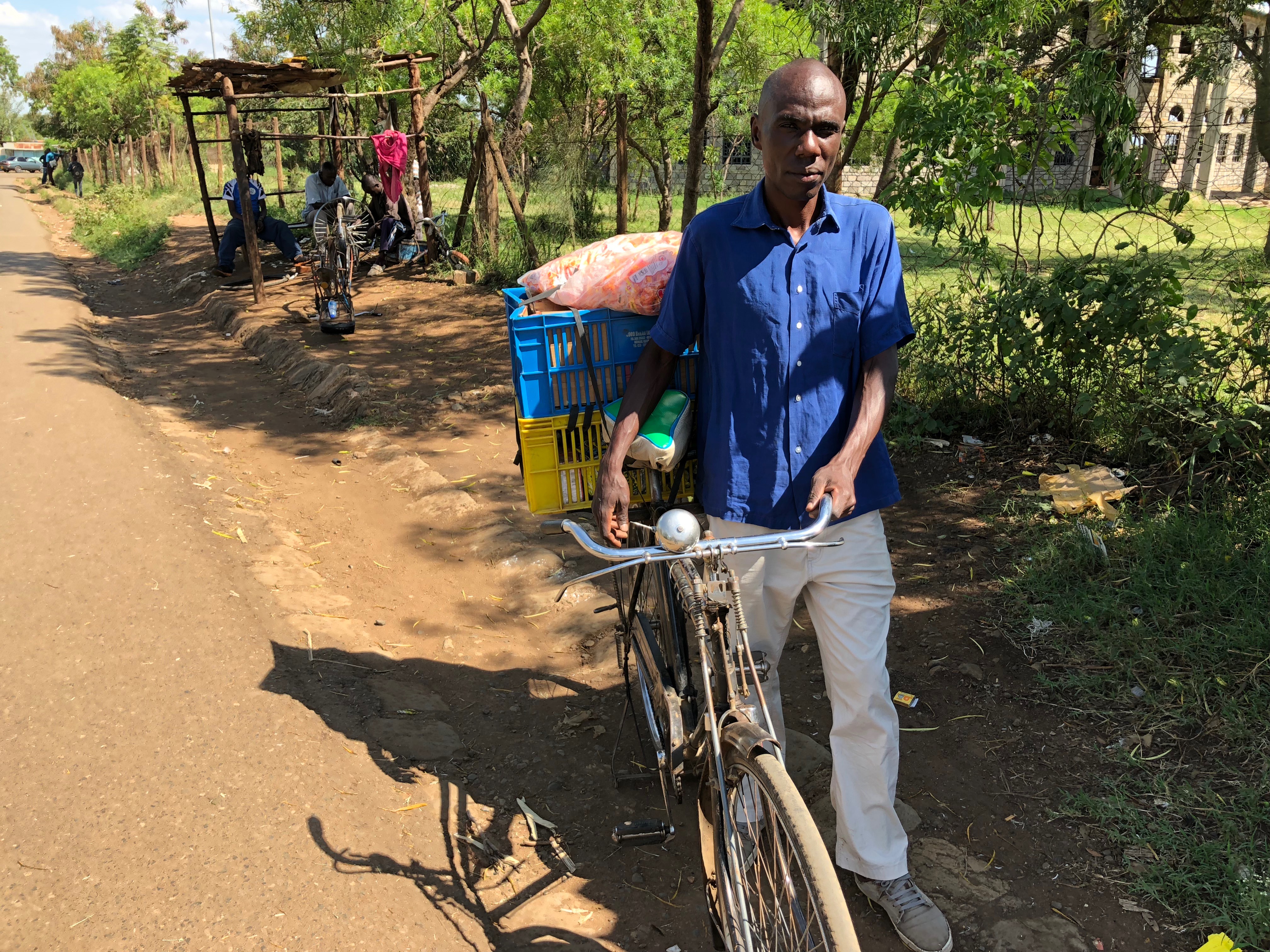
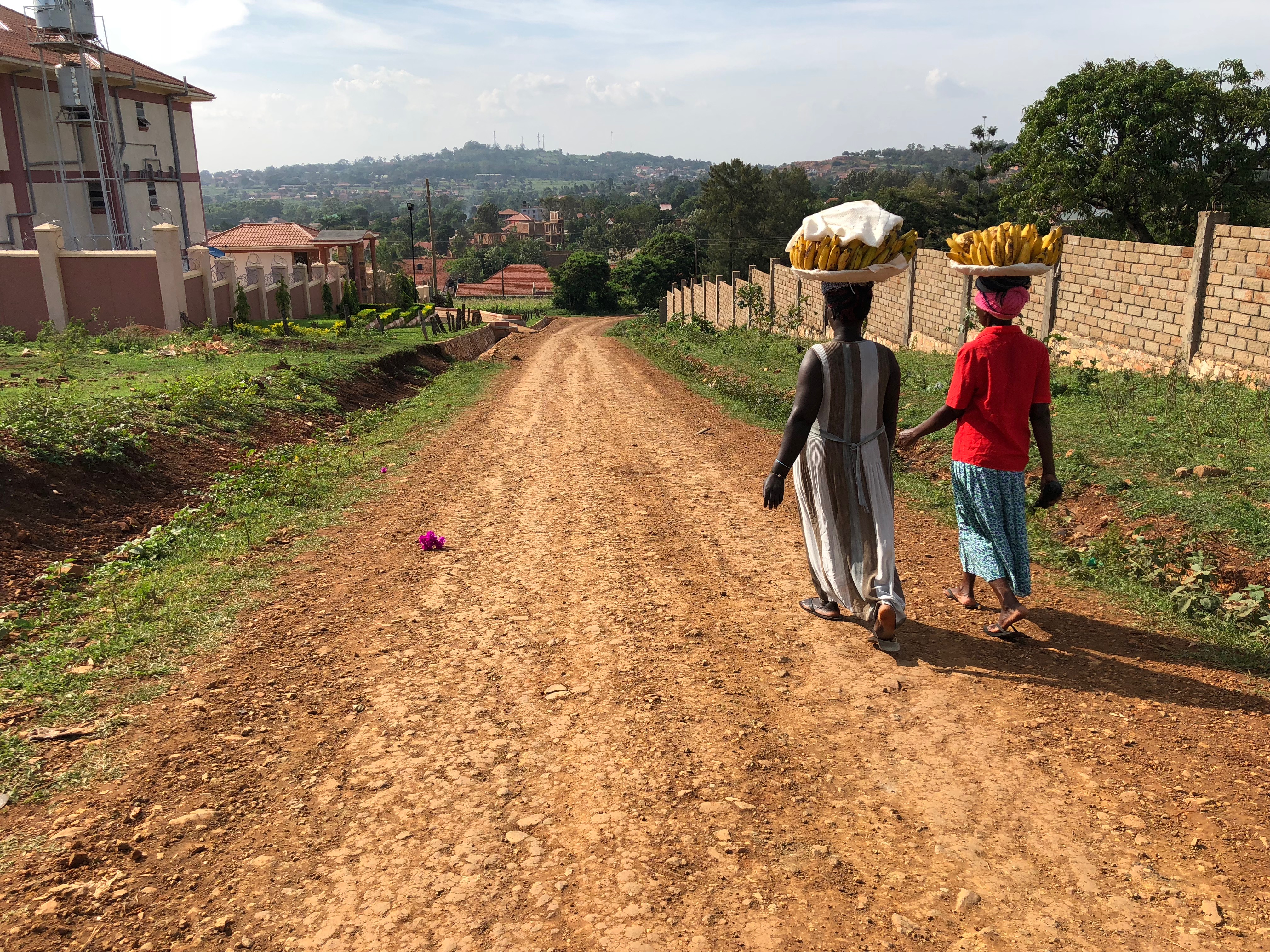
Mission
The goal of this project is to find a more practical and easier transport product for Kenyan entrepreneurs and businesses. In order to achieve this we are designing a cargo bike made for carrying their products. This cargobike should be made with materials and parts that are locally available.
Apart from designing and building the bike, it is also of great importance to come up with a solid business model built around the cargo bike. By implementing the bike into society we want to create a positive effect on the local economy and help people break through the vicious circle of poverty.
CooP
For this project we are cooperating with CooP-Kenya (“Cycling out of Poverty”), and their Bike4work program in particular. CooP-Africa is a non-profit organization which focuses on the impact of bicycles on the lives of African families. By giving locals access to bicycles, CooP’s mission is to decrease poverty and improve the general standard of living throughout Africa. The bicycles improve access to work, education and healthcare. This creates jobs, supports the local economy and gives them the opportunity to be self-reliant through their own local enterprise, all in an environmentally friendly way.
Netherlands
In the Netherlands we have prepared ourselves as much as possible. We did amongst others research at the customer segment, the background of Kenya and the current bicycle market. All of these newly acquired insights will lead to a several concept designs. The biggest risk is that we have designing a bike before conducting a real-life research on our user. In that case there is a possibility that our designs will not satisfy the desires of our customers.
Another issue is the availability of parts. In Kisumu parts are not as constantly available as in the Netherlands. Moreover the import taxes of certain parts can be up to 50%.
At the side of that, we raised funds, by selling bags and creating a fundraising video, to make our project possible.
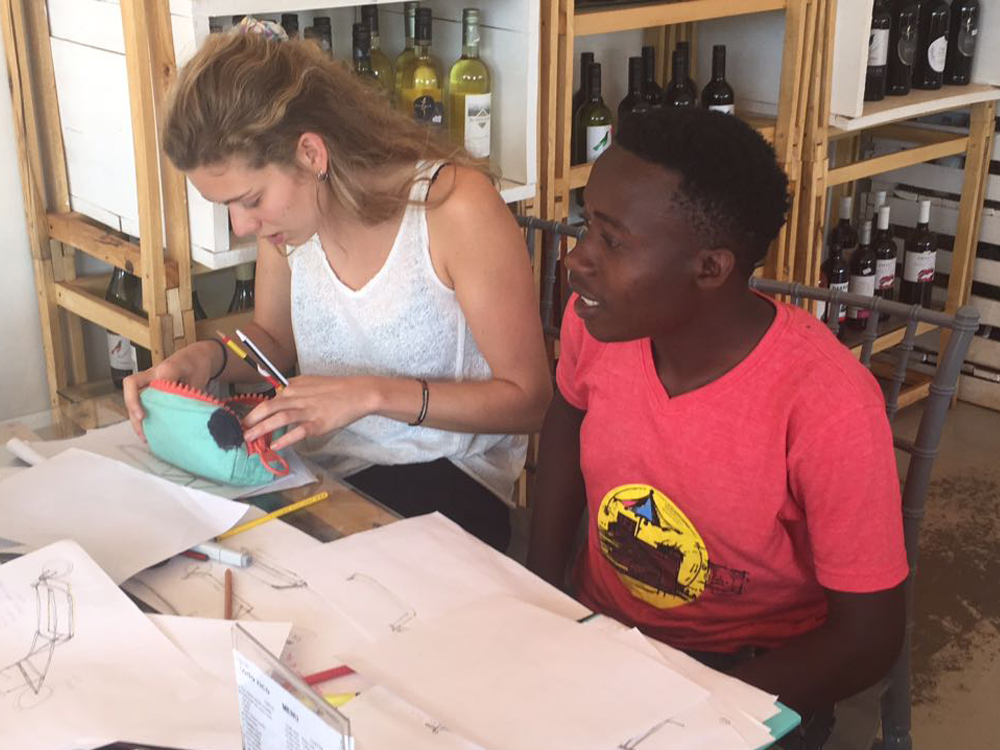
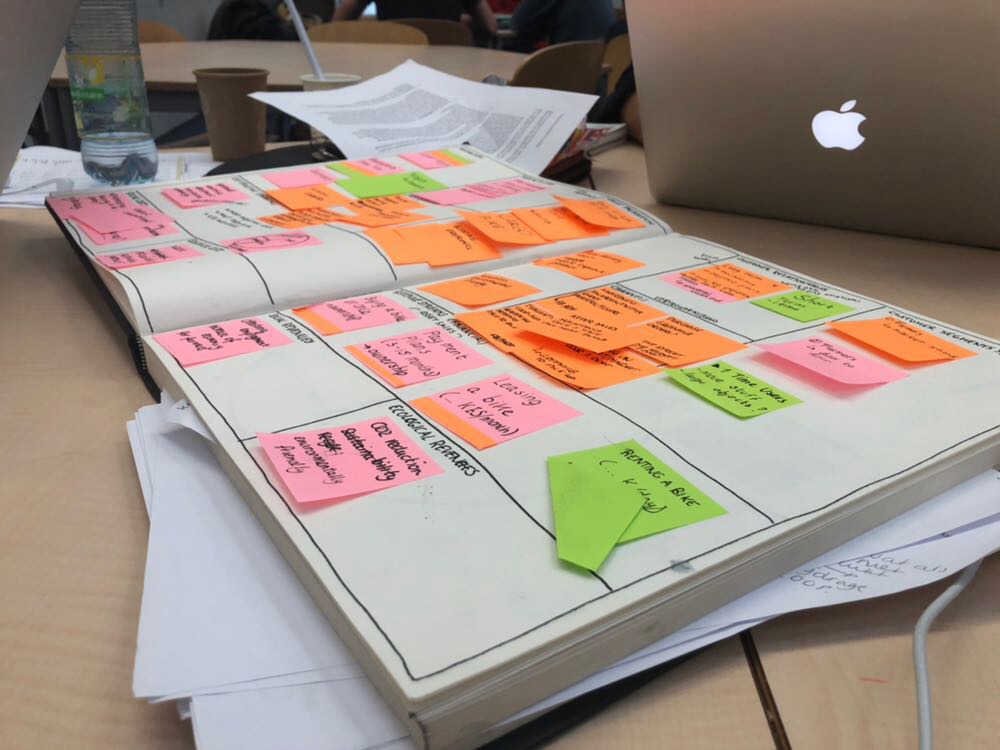
Kenya
In Kenya we have started with a market research. Several stakeholders are found; market vendors, community based organizations and all-women farmers groups. These stakeholders have been visited and questioned, which have led to some new insights. With this insights we have improved our concept designs and will soon start prototyping. Working together with the Kenyan entrepreneurs is a challenge, because we have to earn their trust in a short amount of time, but we have noticed that a lot of them are very willing to help. We will continue prototyping and testing the cargobicycle until we have reached an executable and sustainable design.
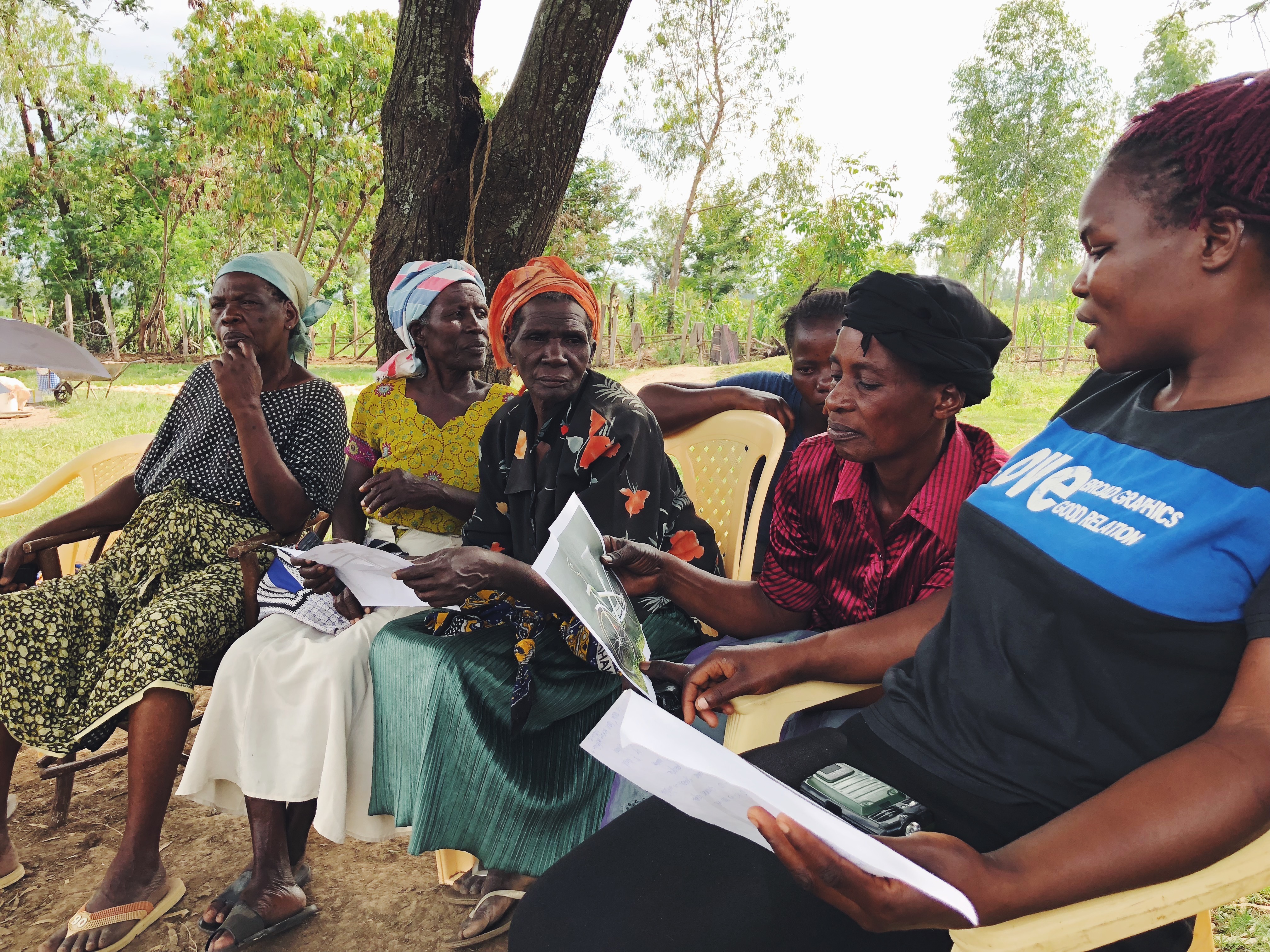
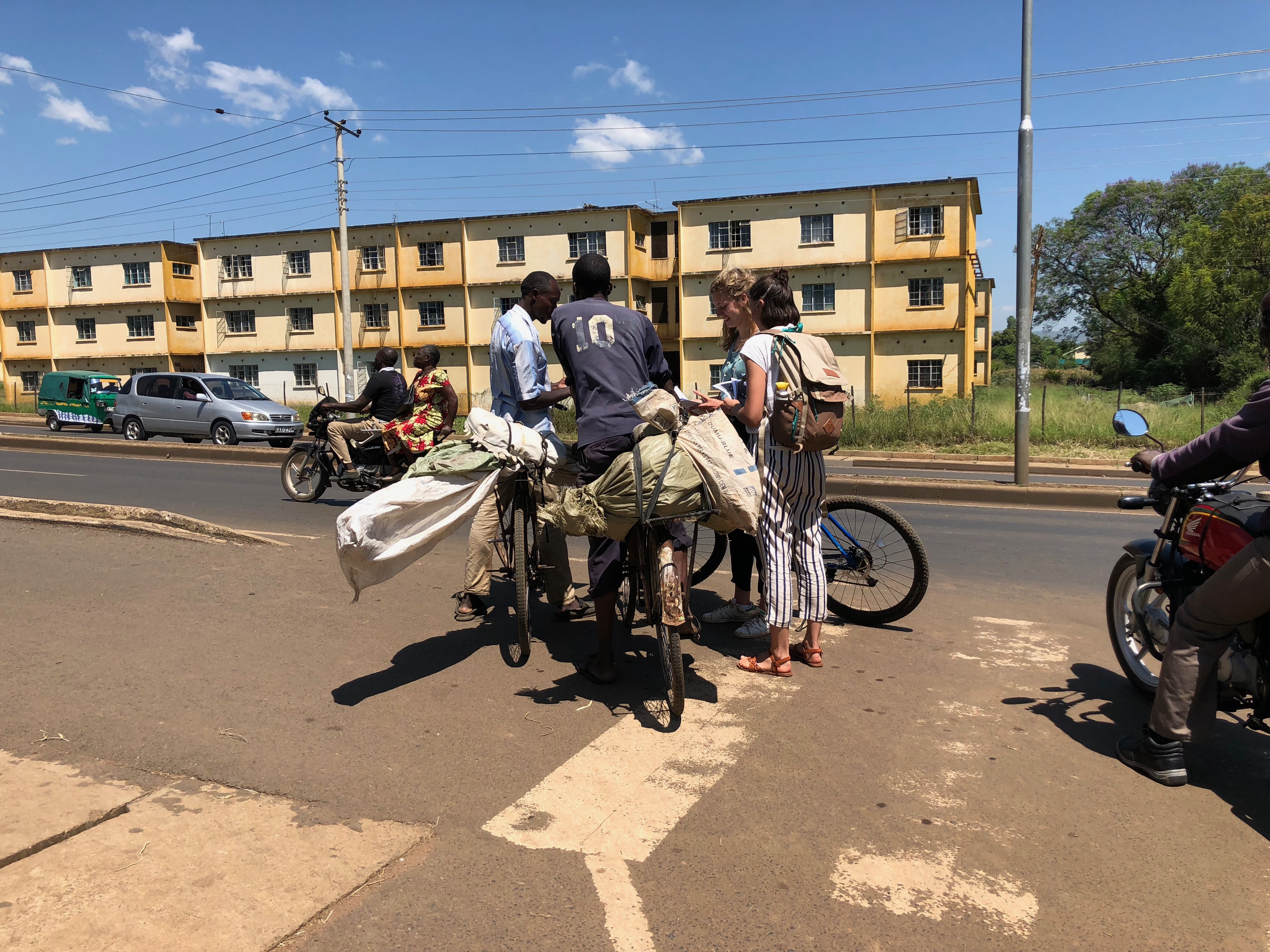
As outcomes we will have a fully tested concept design, a program of requirements and a business model which all will be included in our final report. With all of this, the local entrepreneurs will, in cooperation with CooP Kenya, move forward with development of the bicycle and the business around the cargo bicycle.
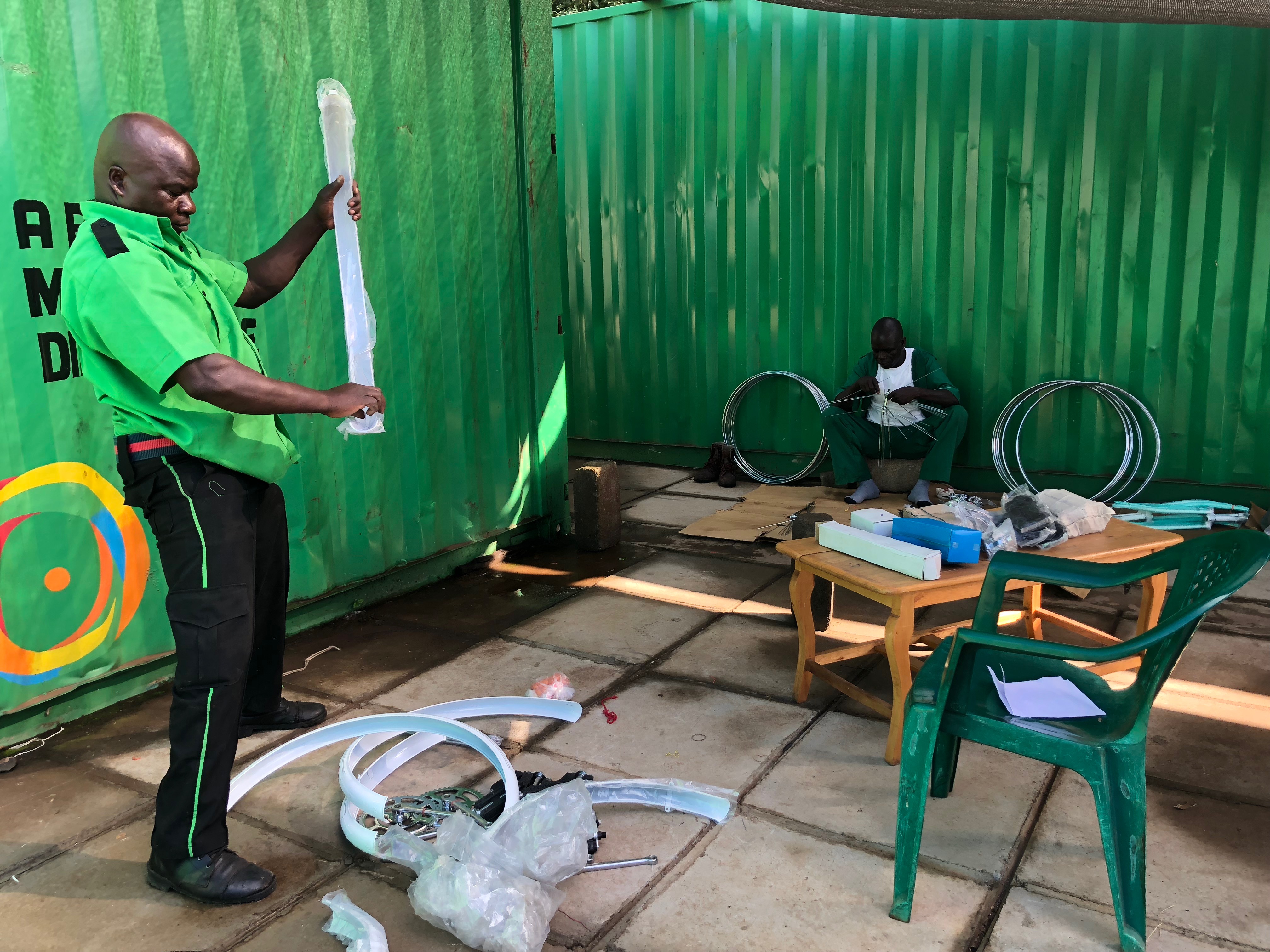
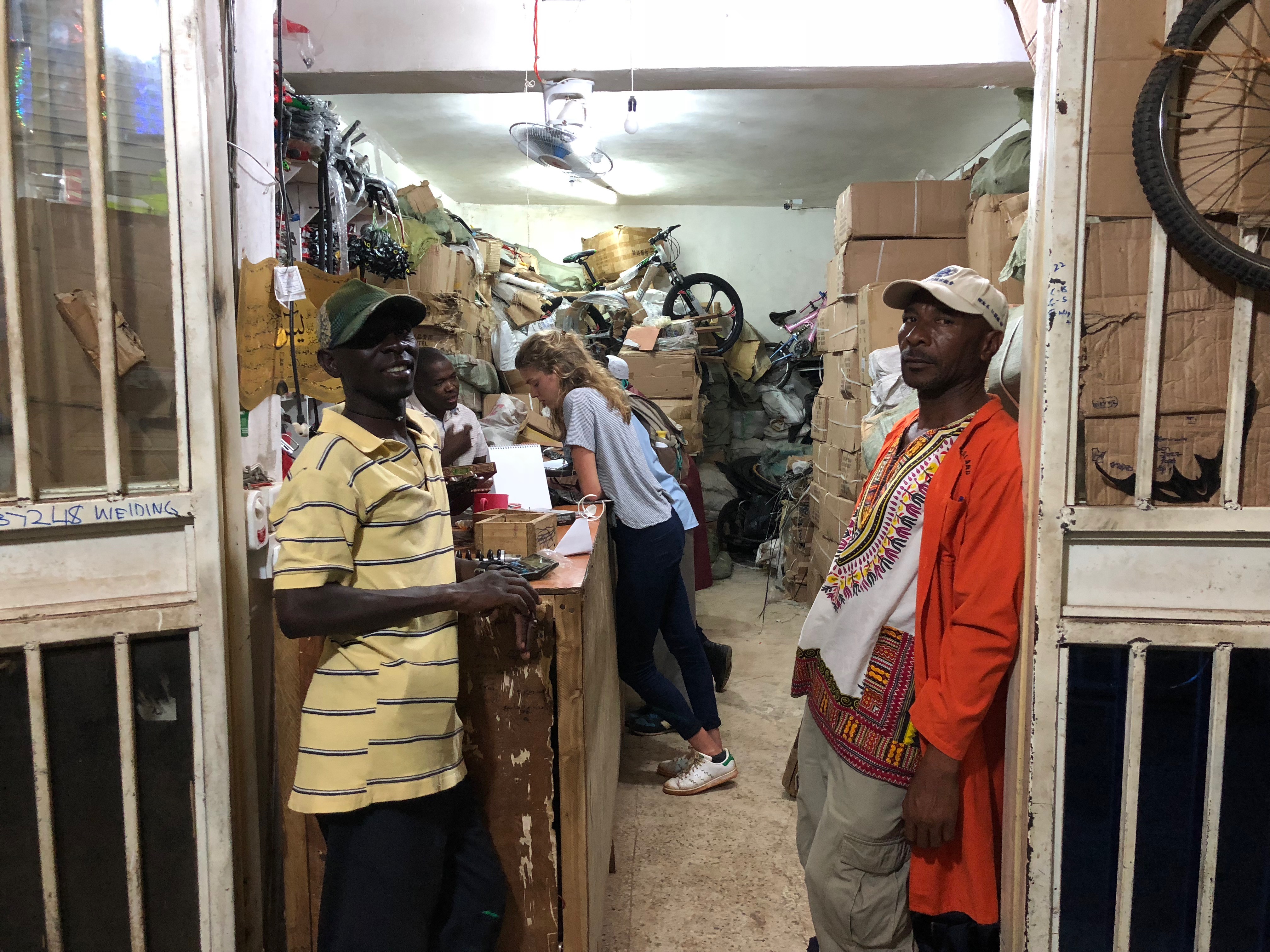
Continuation
Obviously the work and project is not going to be finished when we leave Kisumu at the end of January. After thorough market research, prototyping and testing, a final design and business model will be left behind. Our local partners, the GreenHub and CooP-Kenya, will guarantee the continuation of the project. They will monitor the sales management, collect the payments and maintain a good relationship with the customers. This way farmers and entrepreneurs will be more likely to return to the Green Hub for advice or maintenance of the bike.
As we cannot predict the demands for the coming years, we are aiming to design a cargo bicycle where design changes are easy to modify. Hereby bicycle manufacturers will have the flexibility to meet new standards and adapt to the wishes of the farmers.
Project Activities
Below the timeline of our activities during the three months abroad.
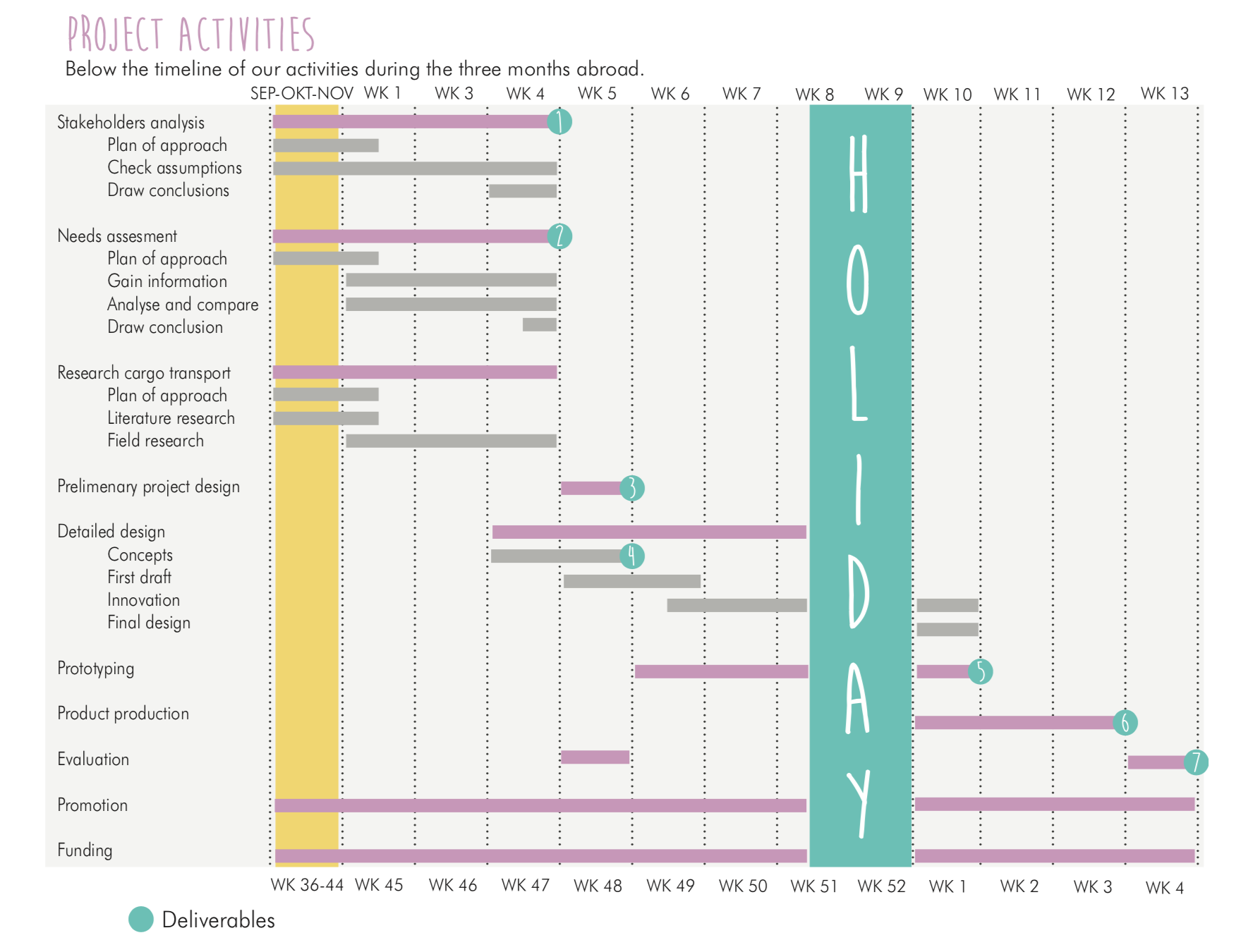
Market research
We went to the streets as prepared as possible and spoke with a lot of people that were struggling with cargo and transportation. Despite our preparations things went a lot different than we assumed. Communicating and understanding each other with a different culture was harder than expected but after a couple of days we got the hang of it and collected useful information. Not only did we speak to people on the streets, we also visited some women groups and other self-help groups. These groups have united to save money together to collectively purchase products to improve their life conditions. It is amazing to see how they work together for better businesses and living conditions.
Prototyping
With all the information we collected we adjusted our concept design, so it was ready for the first prototype. Considering that we had no experience in prototyping like this, we completed the first prototype successfully and learnt a lot. During the prototyping we already encountered difficulties that should be improved for the final design proposal. Such as: production limitations, welding connections and the size of the cargo platform.
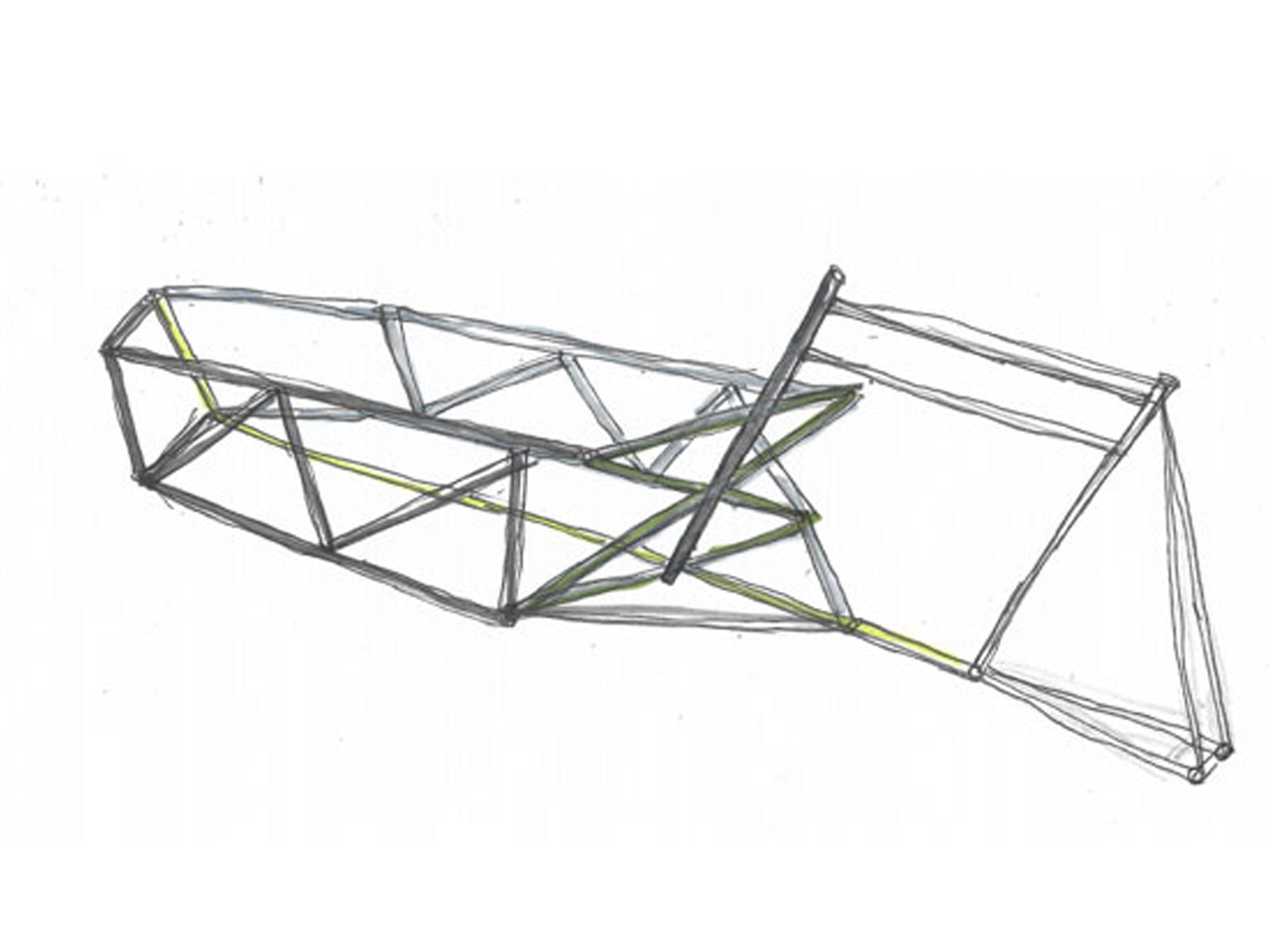
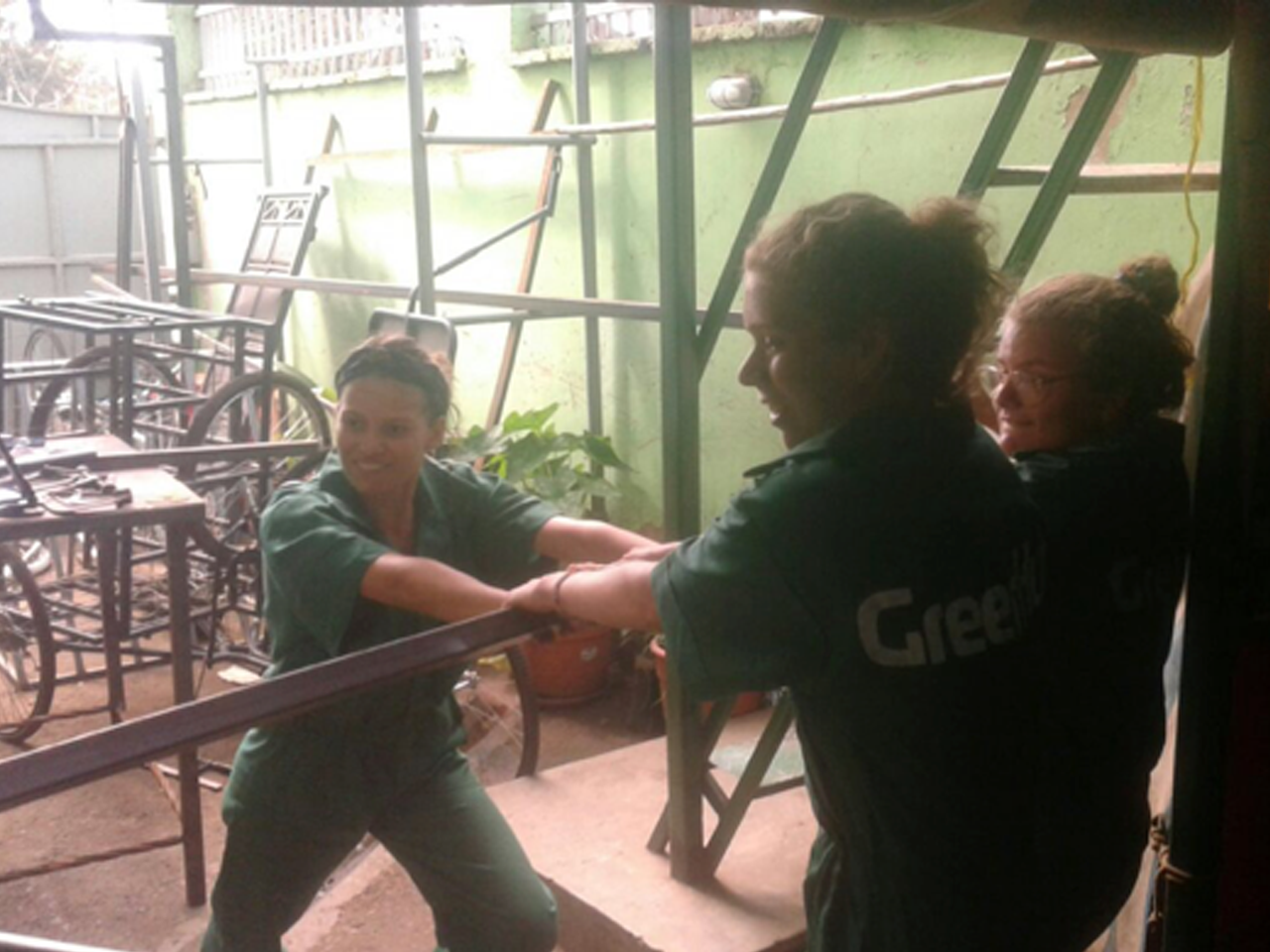
Testing
“Why are you riding two bicycles at the same time?”
This is an example of the many questions we have received and answered since we finished the first prototype. The citizens of Kisumu were completely amazed, they never seen something like this and responded very positively.
Not only did we drive the bicycle through the streets of Kisumu ourselves, but the bicycle has also been tested by a self-help group. They currently transport water and waste, but struggle with it. A perfect fit for our cargo bike. The prototype even managed the narrow dirt roads while carrying 5 jerrycans (each 20L) full of water. These testing days really helped us to gain new insights and feedback for the second design.
Redesign
With the gathered feedback a redesign has been made. The main improvements are:
- A different frame, which shorter men and women can easily ride
- A stiffer steering system, which makes controlling the bicycle easier
- A smaller loading platform, to prevent overloading and makes the bicycle more stable
This new prototype has been built and tested together to see the differences and best aspects.
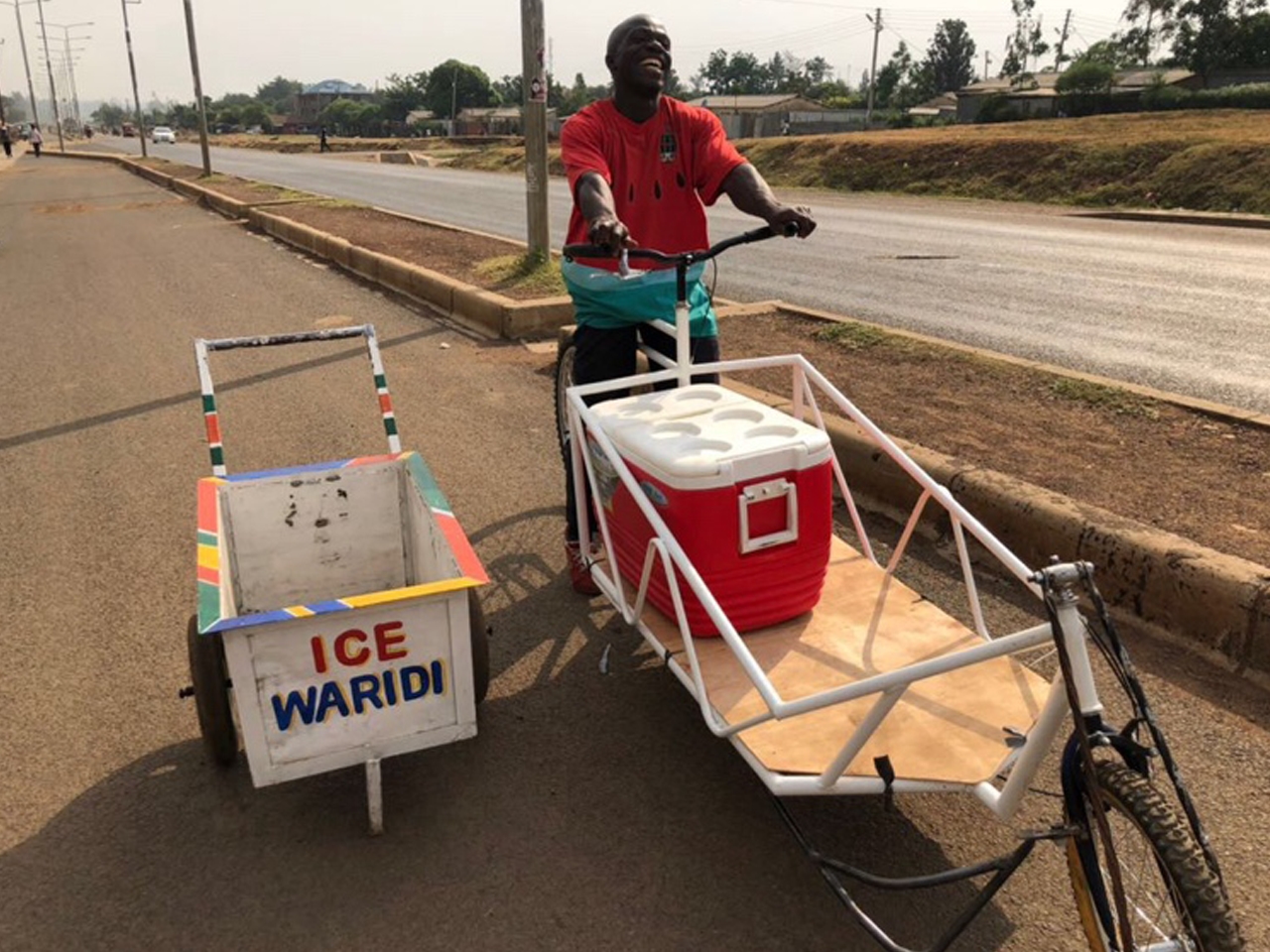
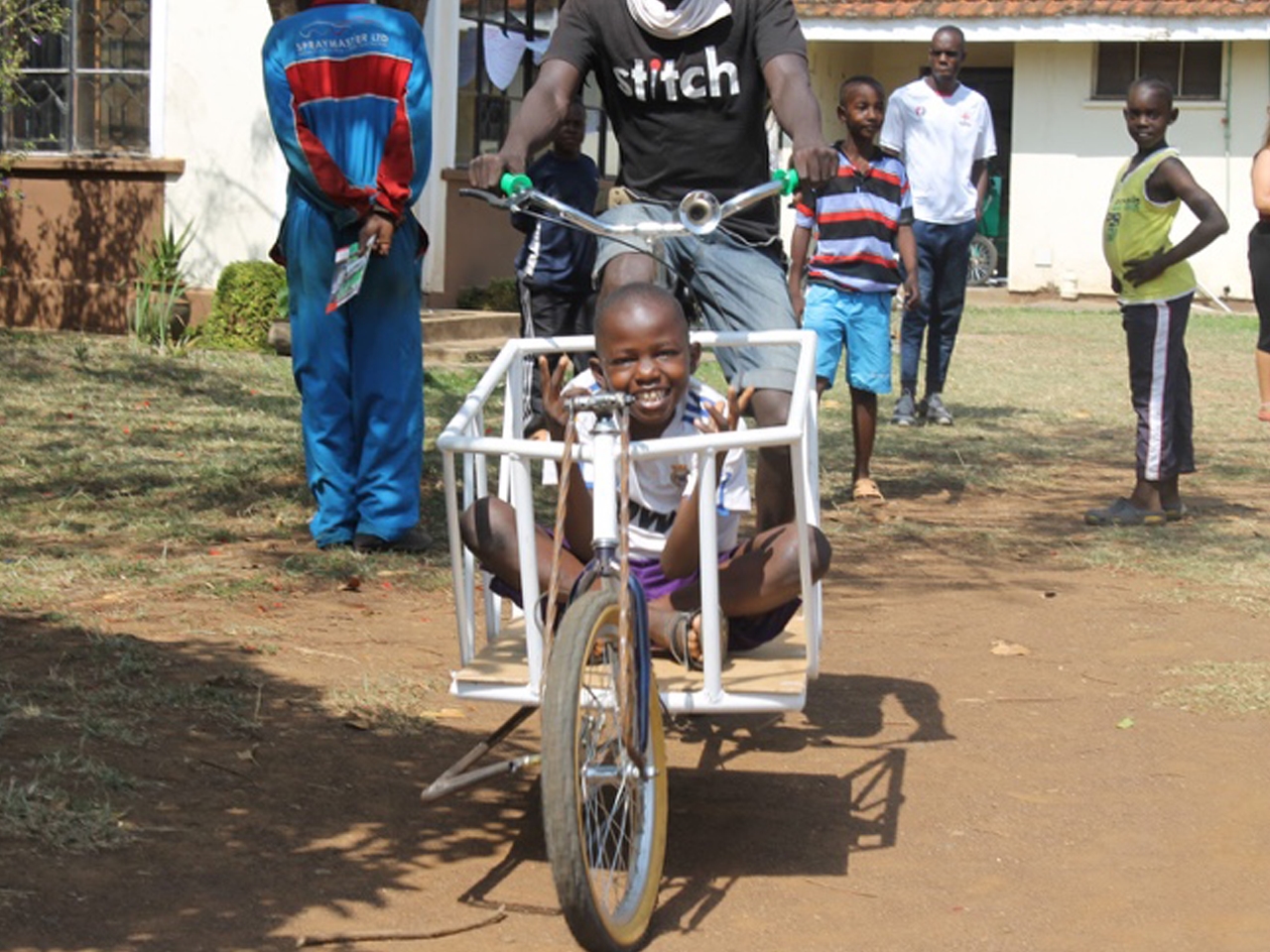
Promoting
In order to gather awareness for the bicycle and find potential buyers an awareness event was organized. The event was promoted by banners and posters that could be spotted everywhere in Kisumu, even a radio interview was conducted and published locally on 6 different stations. The event was a big success with over a hundred people that showed up to try the two cargo bicycles. Together with that, we supported local artists by letting them perform, and local vendors by letting them sell their products on the event. A list of potential buyers was gathered, to be able to contact them later on.
Continuation
CooP-Kenya will sell the two prototypes to those who are interested. This will give the cargo bicycle more awareness since it will be cycling through Kisumu. When there is more demand the cargo bicycle can be ordered and build within two weeks.
